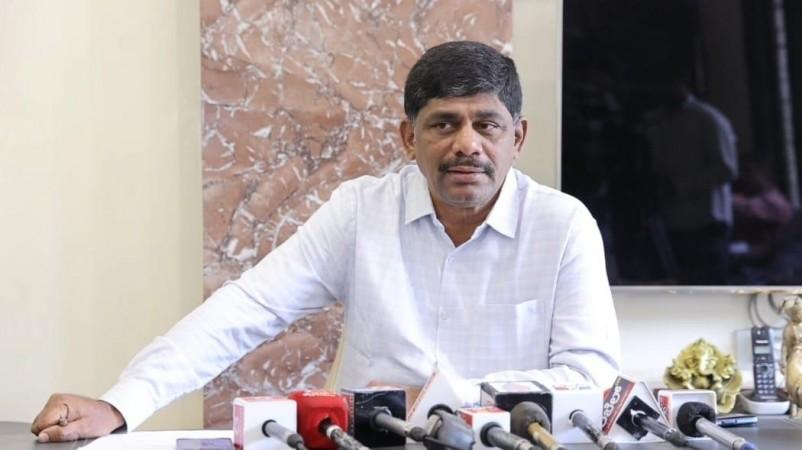
Former Congress MP D.K. Suresh has recently brought to light serious allegations against the central government, accusing it of attempting to entrap him and his brother, Karnataka Deputy Chief Minister D.K. Shivakumar, in various legal cases.
Speaking to the media in Bengaluru, Suresh expressed concerns over what he perceives as a systematic effort to harass them through legal entanglements. "Even though the ED's case against us has been resolved, at every stage, there's an attempt to trap us in some or the other case and harass us. This is the working style of the central government," Suresh stated.
These allegations come in the wake of a significant Supreme Court verdict in the MUDA case, which Suresh believes highlights the misuse of the Enforcement Directorate (ED) as a political tool. "The Supreme Court verdict in the MUDA case is significant against the backdrop of the Enforcement Directorate (ED) being used as a political weapon," he remarked.
Suresh further emphasized the importance of the judgment delivered by the Supreme Court on July 21, noting that it is not the first time the Apex court has raised concerns over the ED's conduct and overreach. "For the past two years, the Apex court has been issuing stern observations on this matter. We have witnessed how the ED is functioning like a puppet in the hands of the ruling party. Just last week, the Madras High Court also pulled up ED officials in connection with a case," he added.

The accusations by Suresh have brought to light the ongoing tensions between the state and central governments, with the former accusing the latter of suppressing opposition leaders. This is not an isolated incident, as similar allegations have been made in the past, pointing to a pattern of political vendetta. The use of central agencies like the ED to target political opponents has been a contentious issue, with opposition parties frequently accusing the ruling party at the center of using these agencies to settle political scores.
Political dynamics and governance Challenges
In response to the BJP's protest against the division of the Bruhat Bengaluru Mahanagara Palike (BBMP) into five zones, Suresh stated, "There will always be debate and discussion over such issues. The state government will consider it carefully." The division of BBMP has been a topic of debate, with proponents arguing that it would lead to better governance and opponents viewing it as a politically motivated move. The restructuring aims to address the challenges posed by rapid urbanization and improve the delivery of basic infrastructure services.
When questioned about the jurisdiction of rural areas, Suresh explained the challenges posed by rapid urbanization. "Due to rapid urbanization, basic infrastructure needs to be provided to everyone. But it is not possible to provide such services through a gram panchayat. Bengaluru has a population of 1.4 crore. One commissioner alone cannot manage everything. The government has taken decisions to ensure better governance by taking everyone into confidence," he elaborated.
The visit of the Chief Minister and Deputy Chief Minister to Delhi has also been a subject of speculation. Addressing these speculations, Suresh clarified, "They are going to discuss various issues, including party organization, with party leaders. Since Parliament is in session, they will also meet Union Ministers to discuss pending grants and projects for the state. It's not unusual for D.K. Shivakumar to visit Delhi." This visit is part of routine political engagements aimed at addressing state issues and securing necessary support from the central government.
The absence of Shivakumar's name at the 'Sadhana Samavesha' in Mysuru by Chief Minister Siddaramaiah was another point of contention. However, Suresh dismissed it as a non-issue, stating, "The Chief Minister has already clarified this. There's no point in discussing it further."
This incident highlights the internal dynamics within the state government and the need for maintaining unity amidst external pressures. The political climate in Karnataka has been tense, with frequent clashes between the state and central governments.
Related









